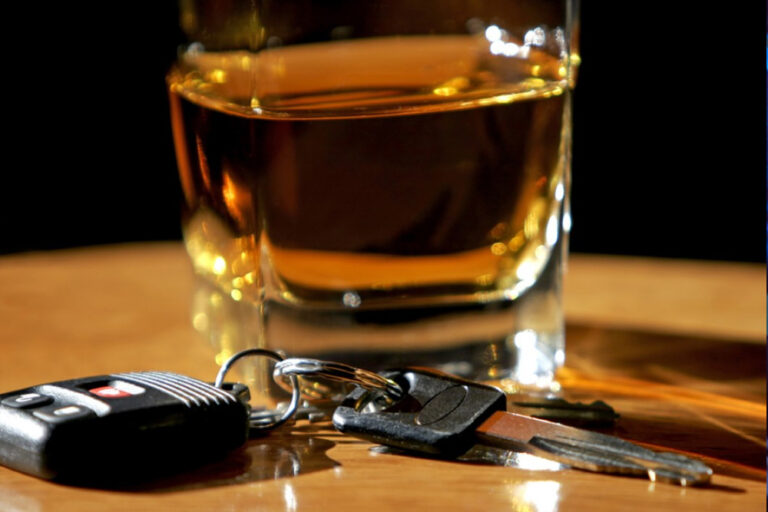Commercial Driver’s License (CDL) Overview: Protecting Your Livelihood with Legal Traffic Violation Defense
For many professional drivers in California, a Commercial Driver’s License (CDL) is a critical asset for their livelihood. Unfortunately, traffic violations can significantly impact CDL holders, potentially resulting in suspension or disqualification, costly fines, and even the loss of employment. Understanding the unique requirements and consequences associated with a CDL is essential for commercial drivers seeking to maintain their license and professional status. As a specialized legal service provider, the experienced attorneys at Mr. Ticket can help safeguard your livelihood by providing effective traffic violation defense for CDL holders.
In this comprehensive article, we will delve into the California CDL requirements, classes, and endorsements, as well as how professional drivers can inadvertently put their CDL at risk. By shedding light on the implications of various traffic violations on a CDL holder’s driving record and livelihood, we will emphasize the crucial role played by expert legal representation in protecting both.
Understanding CDL Requirements, Classes, and Endorsements in California
A Commercial Driver’s License (CDL) is required for drivers operating large or heavy vehicles, such as trucks, buses, or vehicles carrying hazardous materials. In California, CDL applicants must be at least 18 years old, possess a valid non-commercial driver’s license, pass multiple written tests, and undergo a rigorous pre-trip inspection test, skills test, and on-road driving evaluation. For those seeking to drive across state lines or haul hazardous materials, applicants must be at least 21 years old.
California CDL classes include Class A, Class B, and Class C, with each category determining the type and weight of vehicles the licensee can operate. Class A covers vehicles with a combined weight over 26,001 pounds, Class B pertains to single vehicles weighing over 26,001 pounds, and Class C encompasses vehicles not defined under Class A or B but designed to transport 16 or more passengers or carry hazardous materials.
Furthermore, specific endorsements are required for drivers seeking to operate certain types of vehicles, such as school buses, tanker trucks, or vehicles with air brakes. Endorsements involve additional written tests and skills tests, demonstrating the driver’s expertise and understanding of the particular vehicle’s unique requirements.
Traffic Violations and CDL Impacts: Increased Penalties and Consequences
Professional drivers operating commercial vehicles must adhere to a higher standard than regular drivers, as their vehicles can potentially pose more significant risks on the road. Consequently, CDL holders face increased penalties and consequences when cited for traffic violations. While some traffic citations only affect the driver’s non-commercial license, serious violations like reckless driving, driving under the influence (DUI), or vehicular manslaughter can impact both the driver’s regular and Commercial Driver’s License.
Notably, out-of-service orders resulting from a driver operating an unsafe vehicle, cargo securement violations, or logbook discrepancies can lead to temporary CDL disqualification. Furthermore, accumulating too many points on one’s driving record within a specified timeframe can jeopardize a driver’s CDL, leading to suspension or disqualification.
CDL Disqualification Rules in California: Navigating a Complex System
Understanding California’s CDL disqualification rules is critical for commercial drivers, as ignorance or misinterpretation of these regulations can have serious consequences. The severity of a traffic violation or the accumulation of offenses can result in varying disqualification periods. For instance, a first-time serious traffic violation may result in a 60-day disqualification, while a second offense within three years can lead to a 120-day disqualification. Furthermore, violations deemed as “major,” such as a DUI or hit-and-run, typically result in a 1-year minimum disqualification period, with subsequent occurrences leading to an indefinite or lifetime disqualification.
It is crucial for professional drivers to recognize the gravity of these disqualification rules and the potential impact on their livelihood. Taking traffic citations seriously and exploring all avenues for a favorable resolution is essential to protect one’s CDL.
The Importance of Contesting Traffic Violations: Mr. Ticket’s Expert Legal Representation
Given the potentially dire consequences of traffic violations on a commercial driver’s career, contesting traffic citations with the assistance of an experienced legal counsel is vital. The skilled traffic violation attorneys at Mr. Ticket are well-versed in California traffic laws and the nuances of CDL regulations. With their expertise, they can help develop a strong defense strategy when contesting a traffic ticket, potentially preventing CDL suspension or disqualification.
Moreover, the legal professionals at Mr. Ticket understand the unique challenges faced by commercial drivers, including dealing with complex disqualification rules and the impact of traffic citations on one’s livelihood. Consequently, they can provide valuable support and guidance for CDL holders throughout the legal process, aiming to reach the best possible outcome for each case.
Safeguard Your Livelihood with Informed Decisions and Expert Legal Support
As a commercial driver in California, understanding your CDL requirements, the severity of traffic violations, and the associated disqualification rules is essential to protect your livelihood. When faced with a traffic citation, seek the expertise of a reputable traffic violation defense legal service provider like Mr. Ticket. Our knowledgeable attorneys can help you navigate the complexities of CDL regulations, contest traffic citations, and preserve your driving record. Remember, your livelihood is at stake – enlist the support and guidance of Mr. Ticket to defend your career and maintain your Commercial Driver’s License. Contact us today to discuss your traffic violation concerns and discover how we can help.






